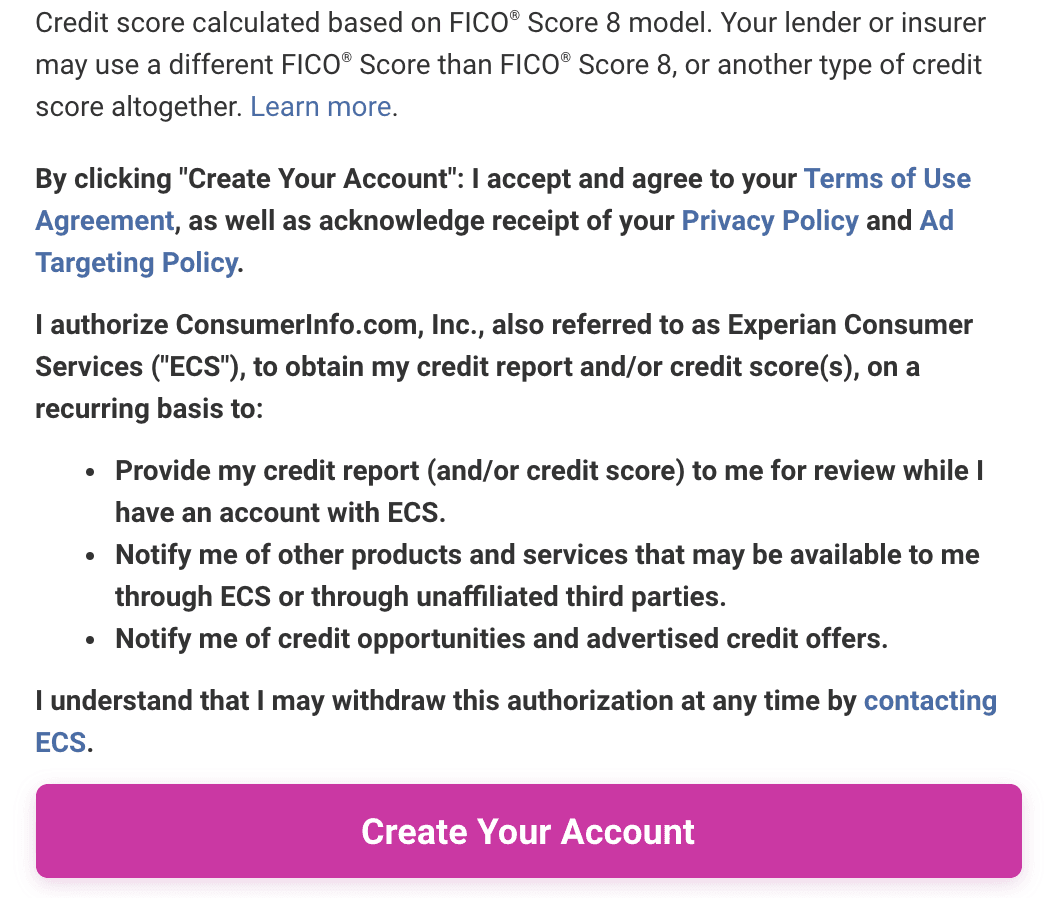First, let's discuss what a reverse mortgage is. A reverse mortgage is designed to allow senior older homeowners who own all or the majority of their residential or commercial property to withdraw a few of the equity from the home for personal use Receivers can choose to get the cash as a swelling sum, in regular monthly installments, or as a credit line.
As it is just offered to people over the age of 62, it is meant to be the last loan an individual will get on their home in their lifetime. A reverse home loan should be paid back when the residential or commercial property stops to be the loan recipient's main residence. This can occur when the recipient moves, scales down, has remained in the medical facility for over a year, or dies.
Typically, one of 4 things occurs: 1. The recipient's life insurance coverage policy is utilized to pay off the balance of the reverse home mortgage. 2. The recipient's heirs offer the residential or commercial property and use the profits to settle the balance. If the property costs more than the loan was worth, the heirs keep the remaining equity.
3. The recipient's beneficiaries refinance and secure a new mortgage on the house in order to keep the property. (It is possible to have both a reverse mortgage and a regular home loan on the same residential or commercial property, as long as the regular home loan has a low loan balance). 4. If the beneficiaries take no action within the designated time period, the bank will foreclose on the house to recover the loan.
The Best Strategy To Use For What Kind Of Mortgages Do I Need To Buy Rental Properties?
Make sure to look thoroughly at the regards to a reverse home loan prior to taking one out, as some loans can bring high fees and interest rates.
If you get a reverse mortgage, you can leave your house to your successors when you pass away, but you'll leave less of a property to them. Your beneficiaries will also need to deal with paying back the reverse home loan, and they could face major issues in the procedure, otherwise the lending institution will foreclose.
A "reverse" home mortgage is a specific kind of loan in which older property owners convert a few of the equity in their home into cash. The cash is normally dispersed in the type of a lump sum (subject to some restrictions), month-to-month quantities, or a credit line. You can also get a combination of month-to-month installations and a credit line.
This kind of loan is different from routine "forward" mortgages since with a reverse home loan, the loan provider makes payments to the property owner, rather than the homeowner paying to the lender. Since the property owner receives payments from the lending institution, the property owner's equity in the residential or commercial property reduces gradually as the loan balance gets bigger.
The Only Guide for Who Provides Most Mortgages In 42211
With a HECM, the loan needs to be paid back when one of the following events occurs: the borrower passes away the house is no longer the customer's primary home (or the customer leaves permanently or leaves due to health factors for 12 consecutive months or longer) the debtor sells the home (or transfers title), or the debtor defaults on the terms of the loan, like by stopping working to keep up with insurance coverage premiums or residential or commercial property taxes.
But they won't get title to the residential or commercial property free and clear due to the fact that the residential or commercial property goes through the reverse home mortgage. So, say the house owner dies after receiving $150,000 of reverse home mortgage funds. This suggests the successors inherit the house subject to the $150,000 financial obligation, plus any costs and interest that has actually accumulated and will continue to accrue till the debt is paid off.

1. Pay back the loan. (With a HECM, the successors can select to pay back 95% of the appraised worth themselves and keep the house. FHA insurance will cover the remaining loan balance.) 2. Sell the house and use the profits to pay back the reverse home mortgage. (With a HECM, the successors can sell the house for the total of debt owed on the loan or a quantity that is at least 95% of the existing evaluated value of the residential or commercial property.) 3.
4. Do nothing and let the lender foreclose. According to an U.S.A. Today short article from December 2019, heirs who desire to settle a reverse mortgage and keep the home frequently face months of red tape and aggravation when handling the loan servicer. Substandard loan maintenance practices frequently prevent what should be regular paperwork, financial obligation calculations, and interactions with customers or beneficiaries.
Top Guidelines Of How Many Va Mortgages Can You Have
The servicer likewise designated the house as uninhabited and shut off the water in the name of home conservation, and set up a foreclosure sale. This circumstance is not uncommon. The U.S. Department of Housing and Urban Advancement (HUD), the regulator of HECMs, has guidelines that state servicers of these loans need to notify survivors and beneficiaries of their choices and solve the loan within 6 months of a death.
If they're offering the property and it's still on the marketplace after 6 months, or they're still actively looking for funding, heirs can contact the servicer and request a 90-day extension, subject to approval by HUD. Another 90-day extension can be requested, again with HUD's approval. But that standards don't avoid the servicer from pursuing a foreclosure during this time.
While you deal with delays or obstructions due to a problem with the property's title, an approaching foreclosure, or a lack of info from the servicer, you'll have to spend for the home's maintenance, taxes, and insurance, and interest and costs will continue to accumulate on the financial obligation while you try to exercise any of the above options (how do reverse mortgages work in utah).
Reverse home mortgages are made complex and are typically not the finest option for older property owners looking for access to extra money. Prior to securing a reverse mortgage and tapping into your house equity, you must make certain to explore all of the alternatives offered to you. For circumstances, you may receive a state or regional program to lower your costs or you might think about downsizing to a more affordable home.
The Basic Principles Of Who Took Over Abn Amro Mortgages

aarp.org/revmort. Despite the fact that you'll need to finish a counseling session with a HUD-approved counselor if you desire to get a HECM, it's also extremely advised that you consider speaking with a financial planner, an estate planning attorney, or a consumer security attorney prior to securing this type of loan.
Upon the death of the debtor and Eligible Non-Borrowing Partner, the loan becomes due and payable. The heirs have thirty days from receiving the due and payable notification from the loan provider to buy the house, sell the house, or turn the house over to the loan provider to please the financial obligation.
Your heirs can speak with a HUD-approved real estate counseling agency or an attorney for additional information. Some beneficiaries might lack funds to settle the loan balance, and may need to offer the home in order https://www.canceltimeshares.com/blog/best-timeshare-cancellation-company/ to repay the reverse mortgage. With a reverse mortgage, if the balance is more than the house deserves, your beneficiaries don't have to pay the difference.